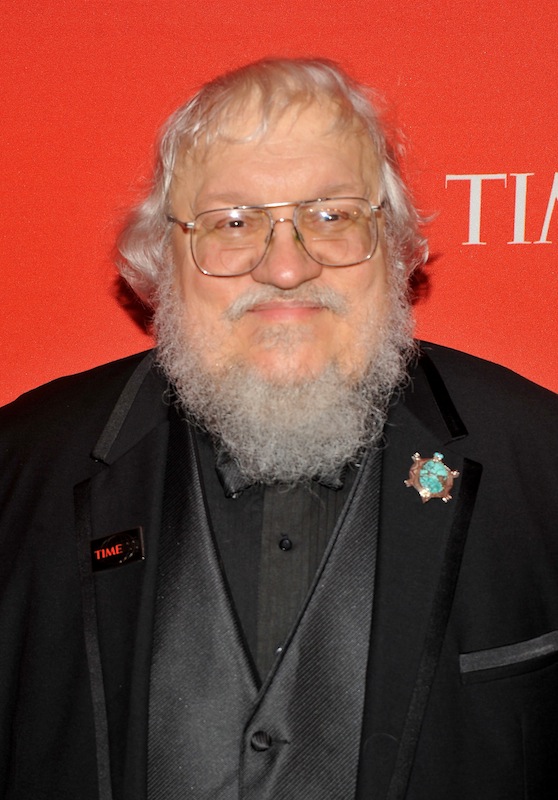
In 2005, when the fourth A Song of Ice and Fire installment, A Feast for Crows, was released, author George R.R. Martin was still mostly unknown except among serious fantasy readers.
When TIME’s Lev Grossman reviewed the book and explained to readers who Martin was, he could still frame things by saying that Martin wasn’t the best-known American fantasy writer. Eragon author Christopher Paolini, Wheel of Time author Robert Jordan and Ursula K. LeGuin were all more famous.These days, of course, the slightest hint that Martin may be typing anything is met with near universal glee from fans of the immensely popular HBO adaptation of his work.
But not everything has changed since 2005: though Grossman noted that Martin wasn’t as famous as some of his peers, he also proclaimed that “of those who work in the grand epic-fantasy tradition, Martin is by far the best.” He was good enough, in fact, for the story to be headlined “An American Tolkien.” Here’s why:
What really distinguishes Martin, and what marks him as a major force for evolution in fantasy, is his refusal to embrace a vision of the world as a Manichaean struggle between Good and Evil. Tolkien’s work has enormous imaginative force, but you have to go elsewhere for moral complexity. Martin’s wars are multifaceted and ambiguous, as are the men and women who wage them and the gods who watch them and chortle, and somehow that makes them mean more.
Martin’s series may remain unfinished, but his moral complexity returns to television on Sunday, April 12.
Read the full 2005 story, here in the TIME archives: The American Tolkien
More Must-Reads From TIME
- The 100 Most Influential People of 2024
- Coco Gauff Is Playing for Herself Now
- Scenes From Pro-Palestinian Encampments Across U.S. Universities
- 6 Compliments That Land Every Time
- If You're Dating Right Now , You're Brave: Column
- The AI That Could Heal a Divided Internet
- Fallout Is a Brilliant Model for the Future of Video Game Adaptations
- Want Weekly Recs on What to Watch, Read, and More? Sign Up for Worth Your Time
Write to Lily Rothman at lily.rothman@time.com